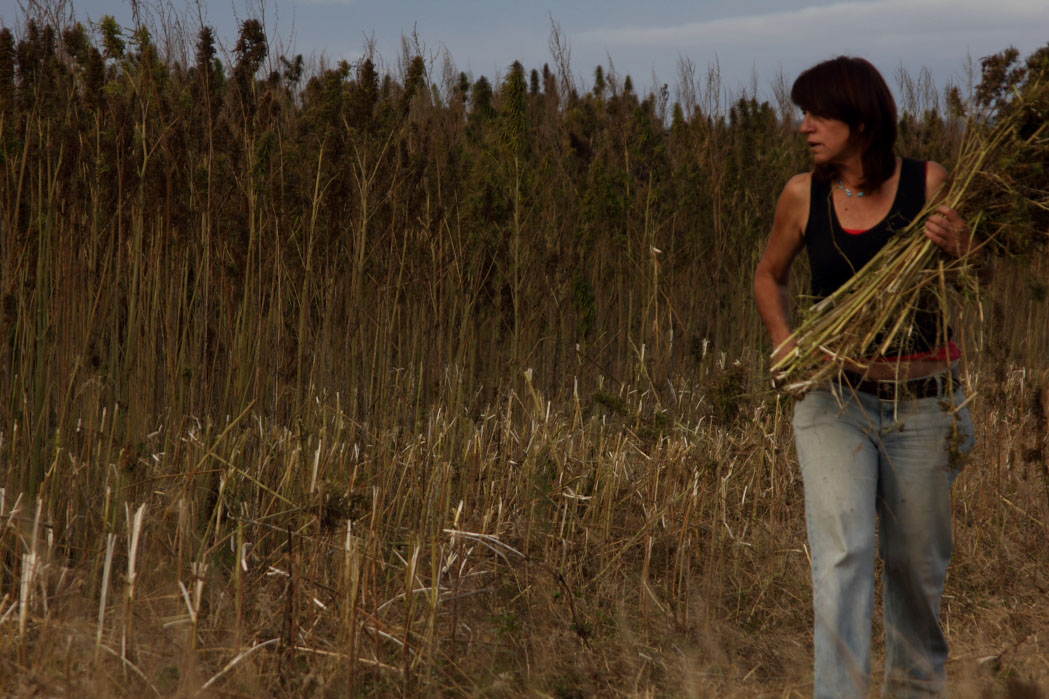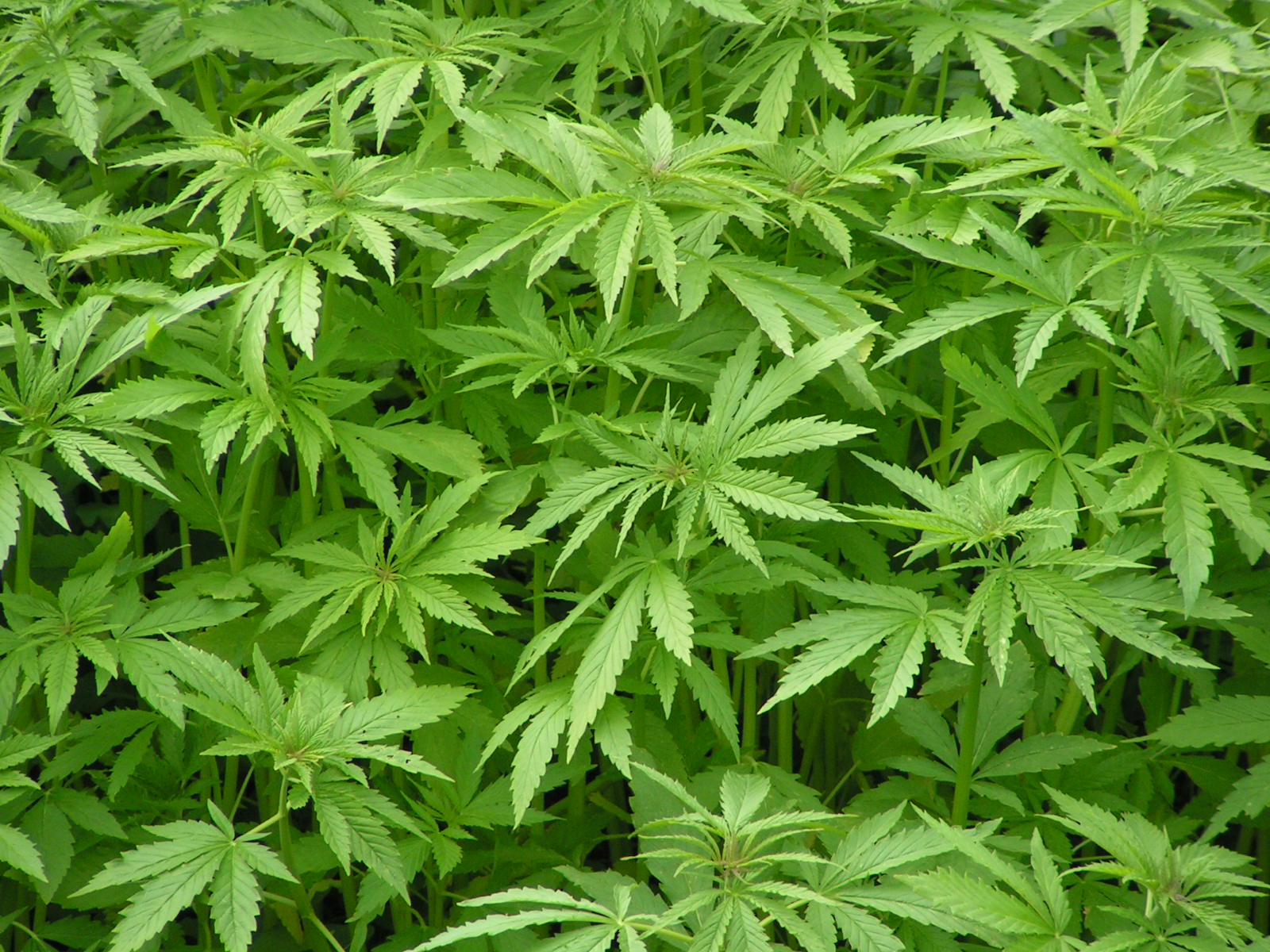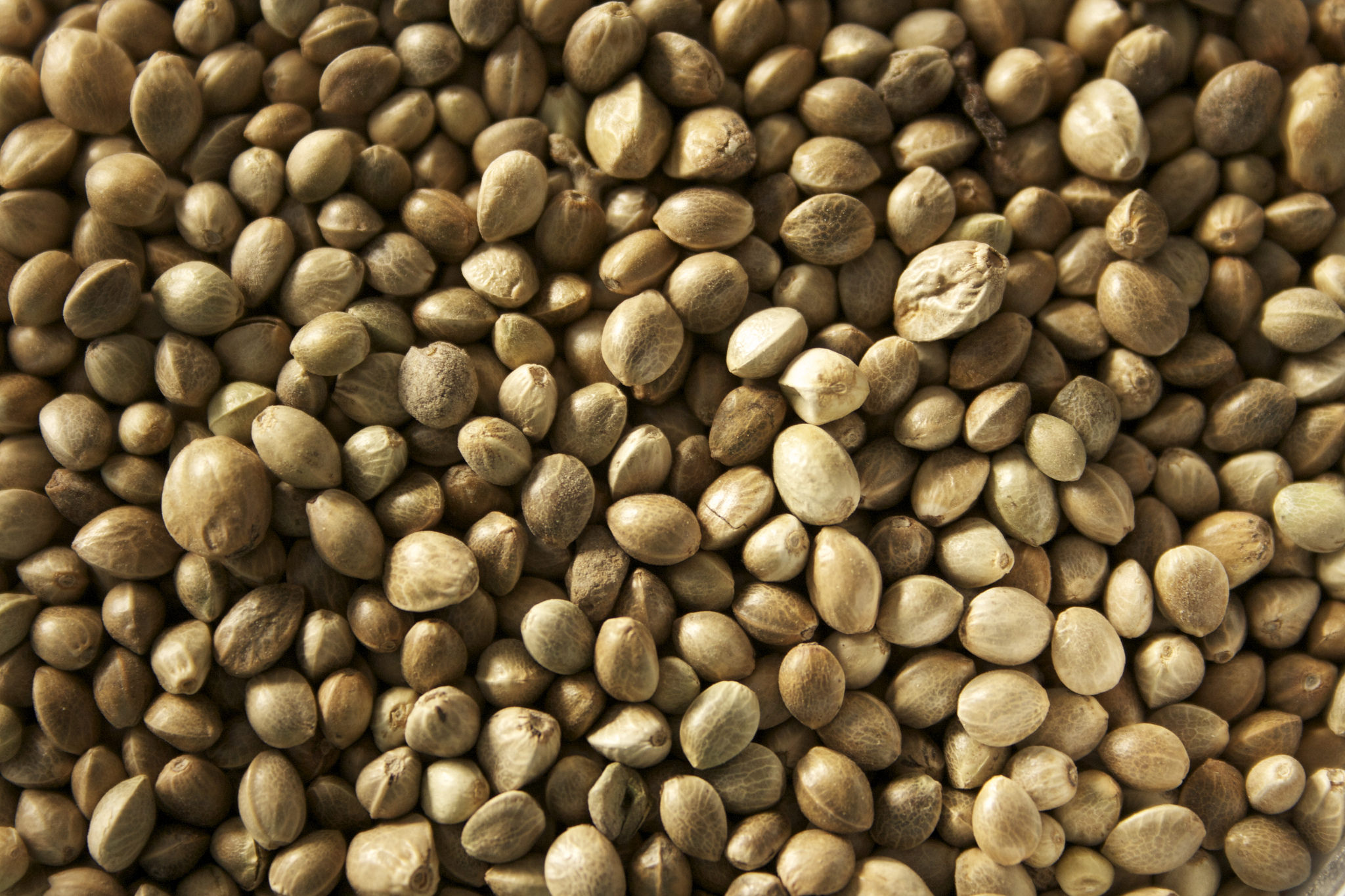If you believe everything you read on the internet, CBD oil can cure almost any disease and replace every painkilling drug. Unfortunately, there’s just too much hype online.
The good news is that, for conditions ranging from epilepsy to chronic pain, CBD oil is an extremely beneficial extract of the cannabis plant that, for some people, can indeed be life-changing.
Psychoactive cannabis, commonly known as marijuana, has been frequently used to relieve the suffering caused by everything from migraines to menstrual cramps. CBD oil has almost no THC, the main mind-altering chemical in cannabis, and therefore offers many of the same benefits without making users “high.”





